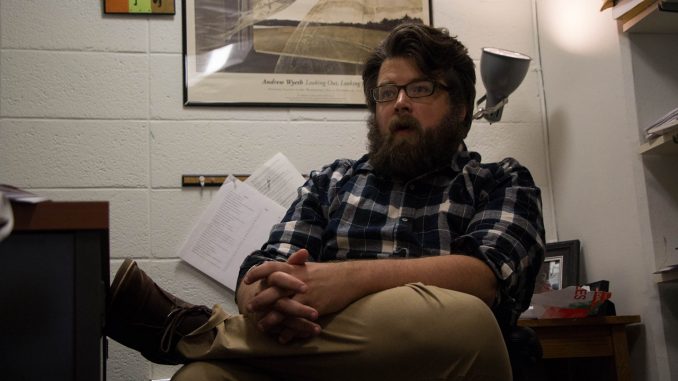
A July letter in which several Temple professors accuse the Philadelphia Inquirer of promoting a “false narrative” of crime in the city has resurfaced amid revelations that the newspaper’s coverage may have been influenced by Pennsylvania Attorney General Josh Shapiro’s office.
According to emails obtained by Intercept, staff members of Shapiro’s office sent multiple emails to the Inquirer in June, urging them to examine how weak crime enforcement under Philadelphia District Attorney Larry Krasner had led to increases in violence in the city.
Days later, two stories that examined potential connections between Krasner’s policies and crime were published in the newspaper, the Intercept reported.
The piece mentioned the July letter.
Two Temple professors, who are among 25 university faculty in the Philadelphia area that signed the open letter in July, differed in their interpretations of the new revelations.
“It’s really worrisome that they are willing to subject themselves to such pressure,” said Magda Konieczna, an assistant journalism professor who signed the July letter.
“What I think the Intercept piece shows is that there’s probably an innate bias that’s true for all newspaper journalism toward established officials and mainsteam officials,” said Brian Creech, a journalism professor who also signed the letter.
In the July letter, which cited both stories in the Inquirer, the Temple professors, along with professors from Villanova, Rutgers, St. Joseph’s and the University of Pennsylvania, state that the Inquirer would “uncritically repeat criticisms of Larry Krasner” and “bury facts in order to drive home the false narrative of a Philadelphia that is getting less safe thanks to criminal justice reform policies.”
The Inquirer has written many stories about Krasner and reported that his policies have both strong support and opposition locally and nationally, wrote Gabriel Escobar, the editor of the Inquirer, in a statement to The Temple News.
“But to impugn or question our reporting by using emails from people with a vested interest in spinning a narrative – and in the process showing their boss they are doing their jobs — is wrong and a gross disservice to our journalism,” he wrote.
“If you want to see the quality of our reporting on this subject, read the full coverage and not a small handful of stories selectively assembled to support one side in an impassioned debate,” he wrote.
The community has a responsibility to engage with the Inquirer and ask them to explain their reporting process, Konieczna said.
“It’s incumbent on us people who live in Philly to let the Inquirer know if we feel like their coverage is not fair,” she added.
The Intercept story makes the Inquirer’s reporting, which the public rarely sees, looks “more nefarious than it actually was,” Creech said.
“There’s probably been a pre-existing relationship between folks in the Attorney General’s office and reporters at the Inquirer where they’re happy to listen to them and hear them out,” Creech said.
The stereotypes of crime in Philadelphia are often shaped and played into by the media coverage of crime, he added.
“What [the residents] want to see a lot less of is this recurrent narrative that certain pockets of the city are just laced through with all sorts of violent crime,” Creech said.



Be the first to comment